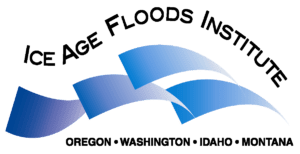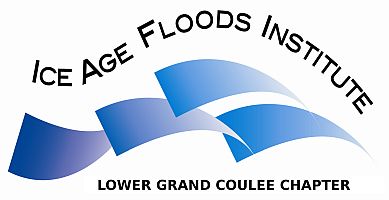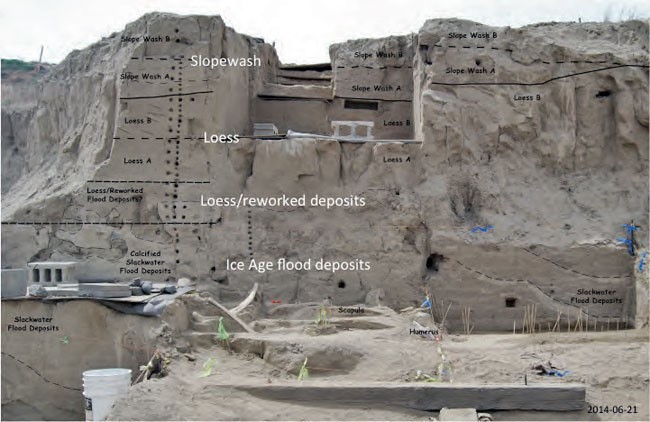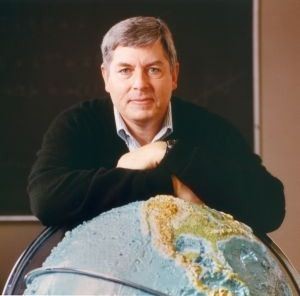Lower Grand Coulee Field Trip
Soap Lake Senior Center 121 2nd Ave SE, Soap Lake, United StatesMonster Rock - Ephrata Fan Join Geologist, Mark Amara and Outing Coordinator Gene Wing of the Lower Grand Coulee Chapter for an exciting outing exploring the Lower Grand Coulee area. We will leave the Senior Center at 10am and drive South to the famous "Monster Rock" and the "Ephrata Fan area", Next we head North to the Lake Lenore area to see the Lenore Lake Monocline rocks and the Great Blade, and then we head North and do a short hike into the Deep Lake Potholes within Sun Lakes State Park and end the outing at the Dry Falls Visitor Center. Meeting Place: Soap Lake Senior Center, located at 121 2nd Ave SE, Soap Lake, WA 98851 Date: Saturday November 9, 2024 Start time: 10:00am More information: Contact Denis Felton Discover Pass is required





